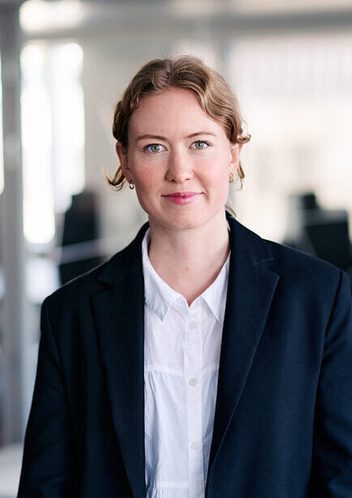
Sandra Ulleland
Senior Associate
Oslo
Newsletter
by Sandra Ulleland and Halvard Helle
Published:
Judgment from the ECTHR on watchdog access requests
The European Court of Human Rights in Strasbourg ("ECtHR") concludes "yes" in Sieć Obywatelska Watchdog Polska v. Poland. In its judgment of 21 March 2024, the ECtHR held that there was a violation of the freedom of expression protected by Article 10 of the European Convention on Human Rights ("ECHR"), after a non-profit organisation was denied access to the meeting diaries of two Supreme Court judges. The core of the ECtHR's reasoning was that the specific meeting diaries requested were considered to constitute "public information" in the context of an ongoing public debate. The Polish courts' rejection of the request for access, based on the long-established practice of treating the information as "internal" rather than "public" documents, violated Article 10 of the ECHR.
The background to the request for access was a media case concerning a meeting the President and the Vice President of the Constitutional Court allegedly had with the Minister Coordinator of Special Services. The meeting is said to have taken place at the same time as the Constitutional Court was to consider questions in a criminal case involving the Minister Coordinator. Several media outlets had raised questions about what was discussed at this meeting. Details relating to the time, duration and topic of the meeting had not emerged in the course of the public debate. The request for access had to be understood in the political context and as part of the debate surrounding the independence of the Constitutional Court. The NGO wanted to investigate whether the meeting had taken place by requesting access to the judges' meeting diaries.[1]
The ECtHR examined the case according to the conditions for the right of access under Article 10 of the ECHR. The legal position was clarified by the ECtHR in the Grand Chamber case Magyar Helsinki Bizottság v Hungary, which establishes four requirements for the right of access to be protected by freedom of expression. The protection of freedom of expression depends on (1) the purpose of the access request, (2) the nature of the information, (3) the role of the person requesting access, and (4) whether the information is ready and available.[2] The doctrine will be referred to here as the "Watchdog access request", because it gives the press and others who serve a function as a "public watchdog" a right of access under Article 10 of the ECHR, which private individuals do not have under the Convention.
The request in this instance was made by a non-profit organisation with the aim of contributing to a more transparent Polish society. The purpose of the access request was to establish the facts surrounding the public debate that had taken place. Moreover, it was not disputed that the meeting diaries were available and could be disclosed.
The Polish authorities had disputed that access was necessary in order to exercise freedom of expression. Among other things, the Polish authorities had pointed out that the meeting diaries were not official documents and could not actually confirm whether the meeting had taken place. It was also argued that Sieć Obywatelska Watchdog Polska could have formulated the access request differently – if they had requested information about the meeting and not the meeting diaries, it is conceivable that the request would have been assessed differently in legal terms. The ECtHR was not convinced by any of these arguments, and pointed out that:
"The Court notes that the applicant NGO did not need the information sought to prepare a press article or to complete a survey (compare and contrast Mikiashvili and Others, cited above, § 49, and Magyar Helsinki Bizottság, cited above § 175). However, the applicant NGO's activity amounts to gathering and disseminating information which might be important for the public or contribute to public debate (...)
The Court therefore considers that the information sought was necessary for the applicant NGO to exercise its right to freedom of expression." (paragraph 60)
The ECtHR does not thoroughly review whether access to the meeting diaries in question was crucial or "instrumental" to the exercise of the NGO's freedom of expression. There had already been a debate about the controversial meeting, and the authorities had a valid point that meeting diaries are not necessarily a reliable source. However, this was not considered relevant by the ECtHR.
The ECtHR's open approach to Watchdog access requests may be interpreted in light of the questions that have been raised about the independence of Polish courts. On the other hand, the decision can also be understood as a sign that, through several decisions by the ECtHR, Watchdog access requests have now become an established doctrine, and which, through several decisions, has gradually gained a broader scope.
In Norway, the key decision on the right of access under Article 10 of the ECHR is VG v. the Director of Public Prosecutions (HR-2021-526-A). In VG v. the Director of Public Prosecutions, the Supreme Court concluded that a request for access was protected by Article 10 of the ECHR, but that access to the internal decision-making basis for dismissal and the police reports was nevertheless not strictly necessary in order to participate in the public debate. The rejection in that case was therefore considered proportionate. In other words, the Supreme Court applied a stricter review of what was necessary than the ECtHR apparently does in its judgment against Poland. Since the ECtHR held that there was a violation without reviewing the proportionality assessment, the decision provides limited opportunities to assess whether the Supreme Court's interpretation and application of the Watchdog access request doctrine still stands.
However, the decision joins an ever-growing number of cases that mean that Norwegian regulations on access requests no longer reflect current law. As far as we can see, Norwegian law does not directly regulate how the Supreme Court should hear a well-founded request for access to the Supreme Court Justices' meeting diaries.
The ECtHR decision also sends a general signal that a rejection of access based on the fact that the documents in question are internal to the case will not automatically be upheld in a Watchdog access request. For journalists and NGOs, the decision opens yet another door to review the Norwegian Freedom of Information Act's many exceptions for various types of "internal documents" – even in areas where the Freedom of Information Act does not provide a legal basis for access requests.
Advokatfirmaet Schjødt, represented by lawyers Halvard Helle, Halvor Manshaus and Sandra Ulleland, assisted VG and the Association of Norwegian Editors in the case against the Director of Public Prosecutions (HR-2021-526-A).
[1] The NGO also requested access to a list of who had visited the court during the period in question, but since the Polish authorities maintained that such a list did not exist, this fell outside the criteria that apply for "Watchdog access requests" to be protected by Article 10 of the ECHR, cf. the fourth requirement that the information must be "ready and available".
[2] This was followed by a long series of judgments from the European Court of Human Rights and, so far, one ruling from the Supreme Court.

Senior Associate
Oslo
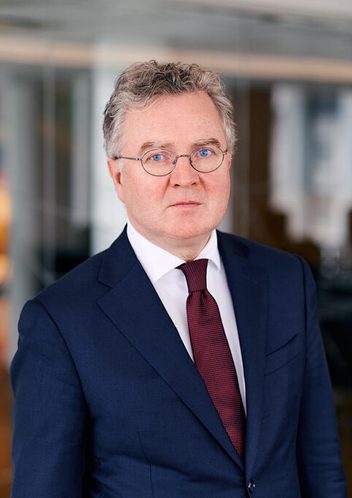
Partner
Oslo
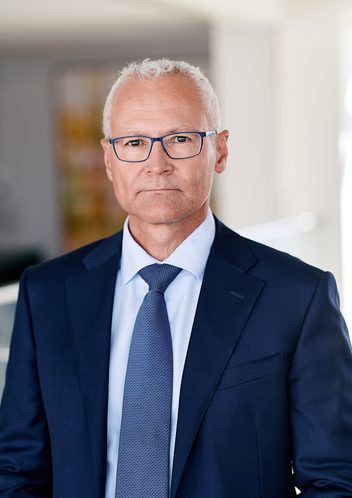
Partner
Oslo
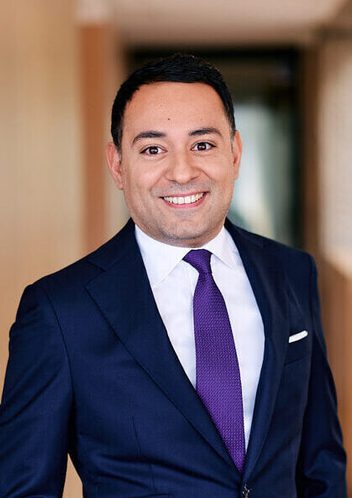
Partner
Stockholm
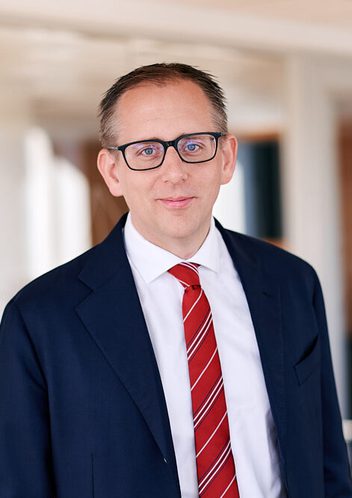
Partner
Oslo
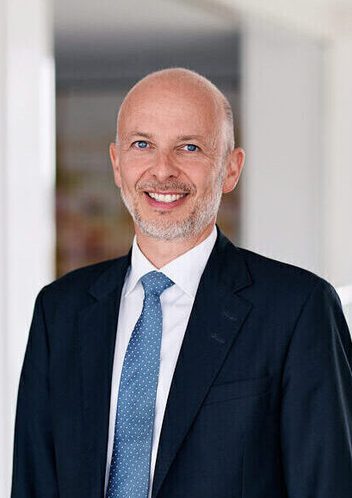
Partner
Oslo

Senior Lawyer
Oslo
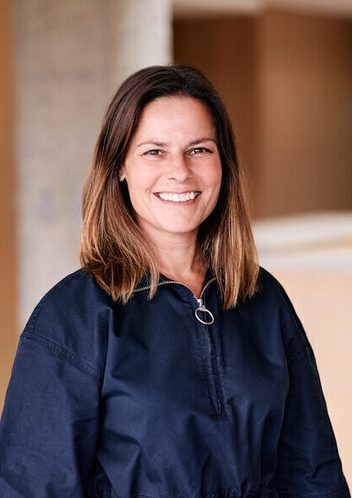
Special Advisor
Stockholm

Senior Associate
Oslo

Senior Associate
Oslo

Associate
Stavanger

Partner
Oslo

Partner
Oslo

Partner
Oslo

Partner
Oslo

Partner
Oslo
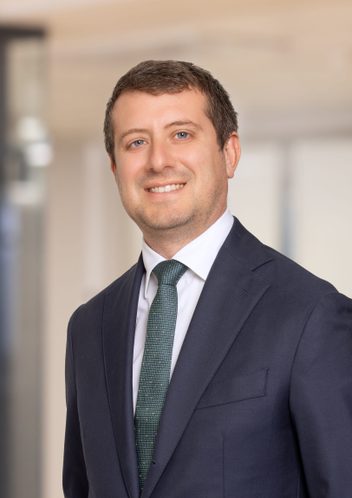
Managing Associate - Qualified as EEA lawyer
Oslo
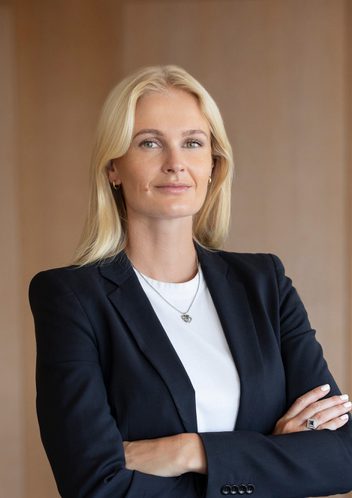
Senior Lawyer
Stockholm
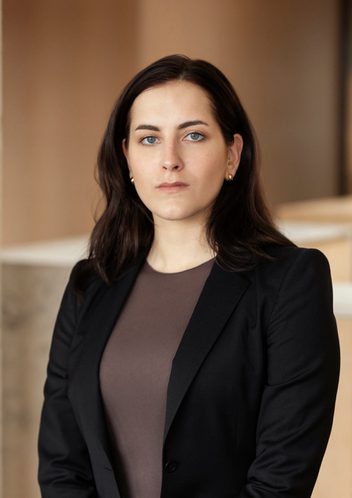
Senior Lawyer
Stockholm

Associate
Stockholm

Associate
Oslo
